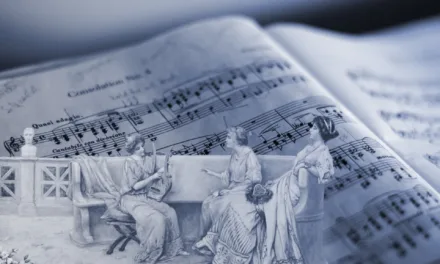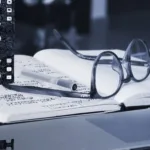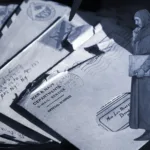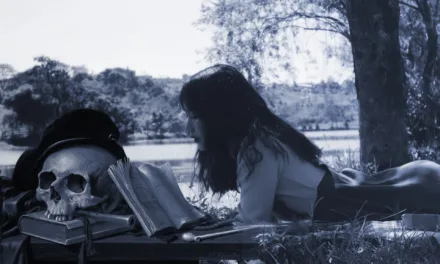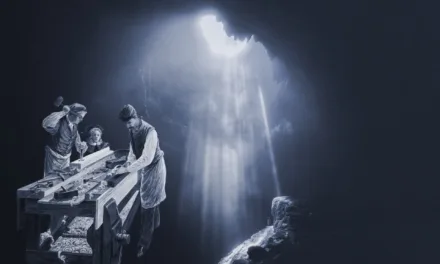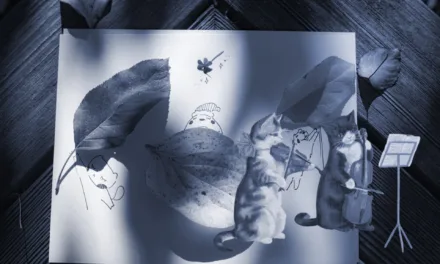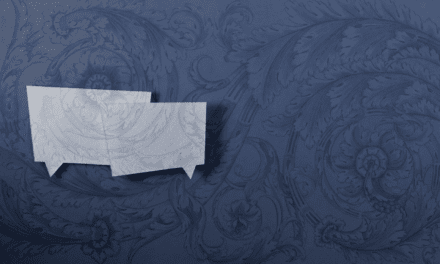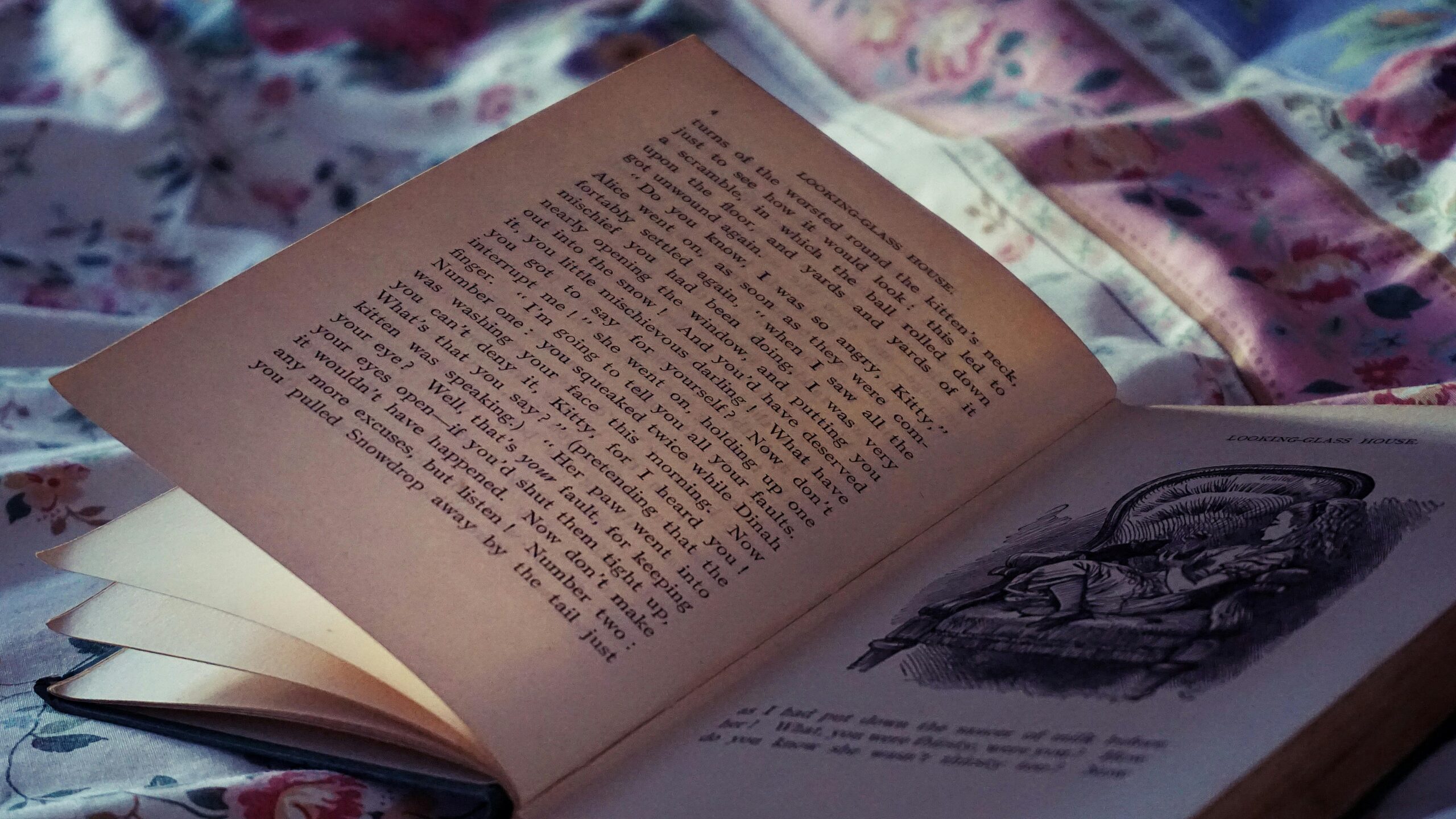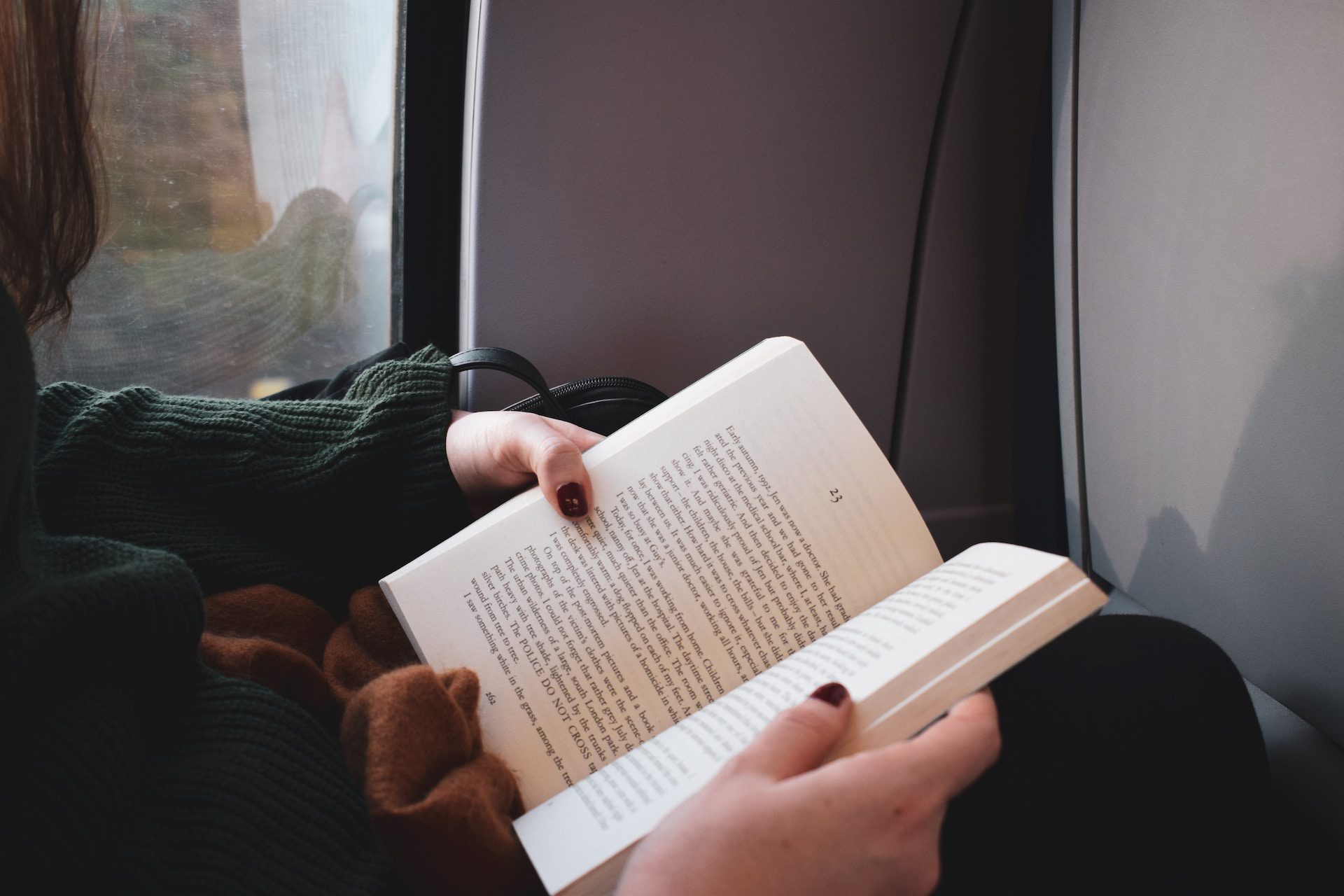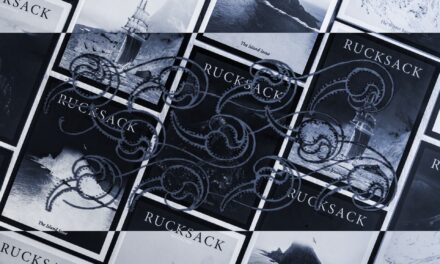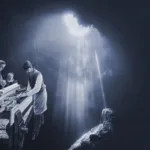
4 Tips For Reading Your Novel for the Very First Time
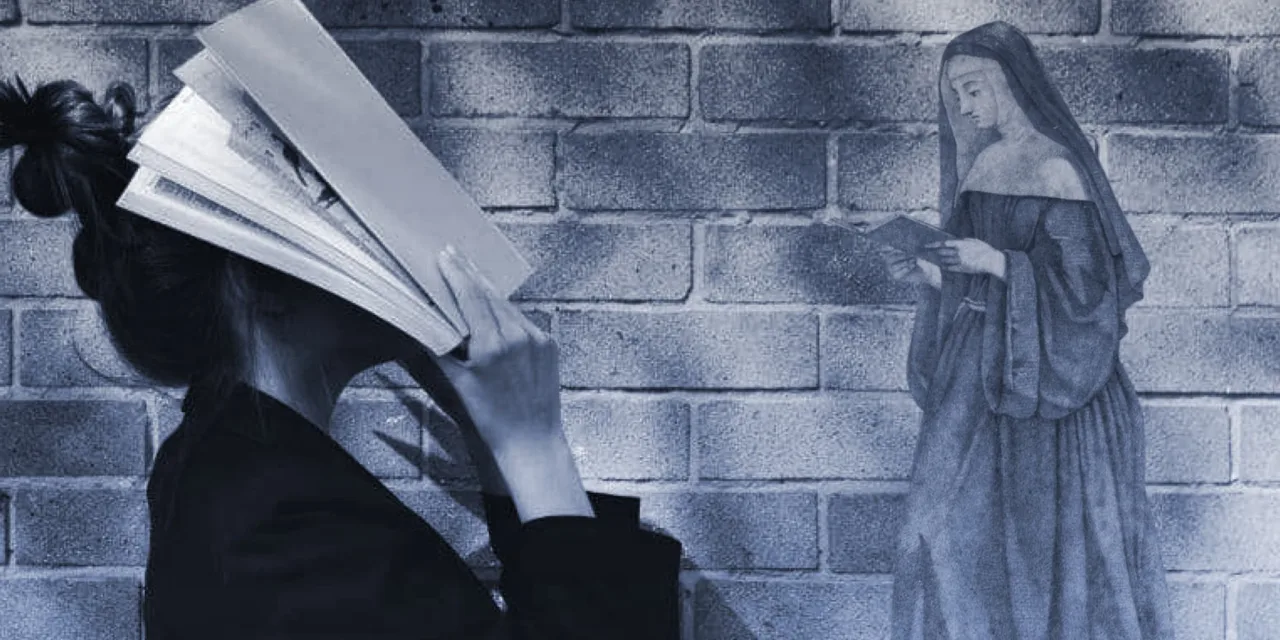
Everyone writes differently; that much we know. Some people write a whole novel from start to finish and then read it, make a few minor changes, and call it a day. Others labor over every single word and sentence until the entire thing is perfect. If you’re a perfectionist, then that moment might never come. In other words, there are really no right or wrong answers to how a novel is created.
What is common to everyone, though, is that there comes a point when you’ll be reading your completed novel for the very first time.
When you read a draft for the first time, you’re bound to be a little nervous. That is completely understandable. Here are some tips from a writer who’s recently done just that.
1. Take a break
With so much time put into writing your draft, you need to get some distance before diving into reading your novel for the very first time. You’ll never be closer to your first draft than you are immediately after finishing, so take a step back to give yourself some perspective.
I recommend doing something completely unrelated. Read something from a completely different genre as a palate cleanser. Watch a whole season of a new TV show. Work on a different project for a while. Whatever you choose, just make sure it will give you a bit of distance from your first draft so you can come at it with fresh eyes.

2. Approach it like a reader
Even if it’s not perfect, try to approach it like a reader and enjoy the experience. This is your novel, your creation, and you are its first reader!
Allow the author (yes, you!) to take the reader (also you, in this case) on a journey of the imagination. It’s also a great way to determine whether you’ve achieved your writing intent. You want to be as immersed in the action and be as invested in the characters as any other reader.
3. Read the whole thing
This is your first time getting a bird’s-eye view of your story. With that in mind, it’s important to read your first draft all the way through before you’re tempted to make any changes.
You may discover points of confusion, unclear plot progression, plot holes, or characters who disappear, etc. If you think you’ll forget, jot down a note, but don’t action anything until you get to the end. Don’t stop to make changes, as it’ll break the immersion, but it’s still good to remind yourself what needs fixing.
Carry on to the end to feel the whole range of emotions! It will also help you determine whether notes you made earlier in the text still need addressing later on.
4. Remember, this is a draft
You never see the rough drafts of published books for a reason!
Don’t be too down on yourself about what you don’t like while reading your novel, but celebrate what you do. Enjoy your success for a minute before you get back to it.
A first draft and a final draft are very different beasts, so remind yourself that this is not your novel’s final form. Your first draft is the foundation, and every edit you make from here on out will only make your book better.

